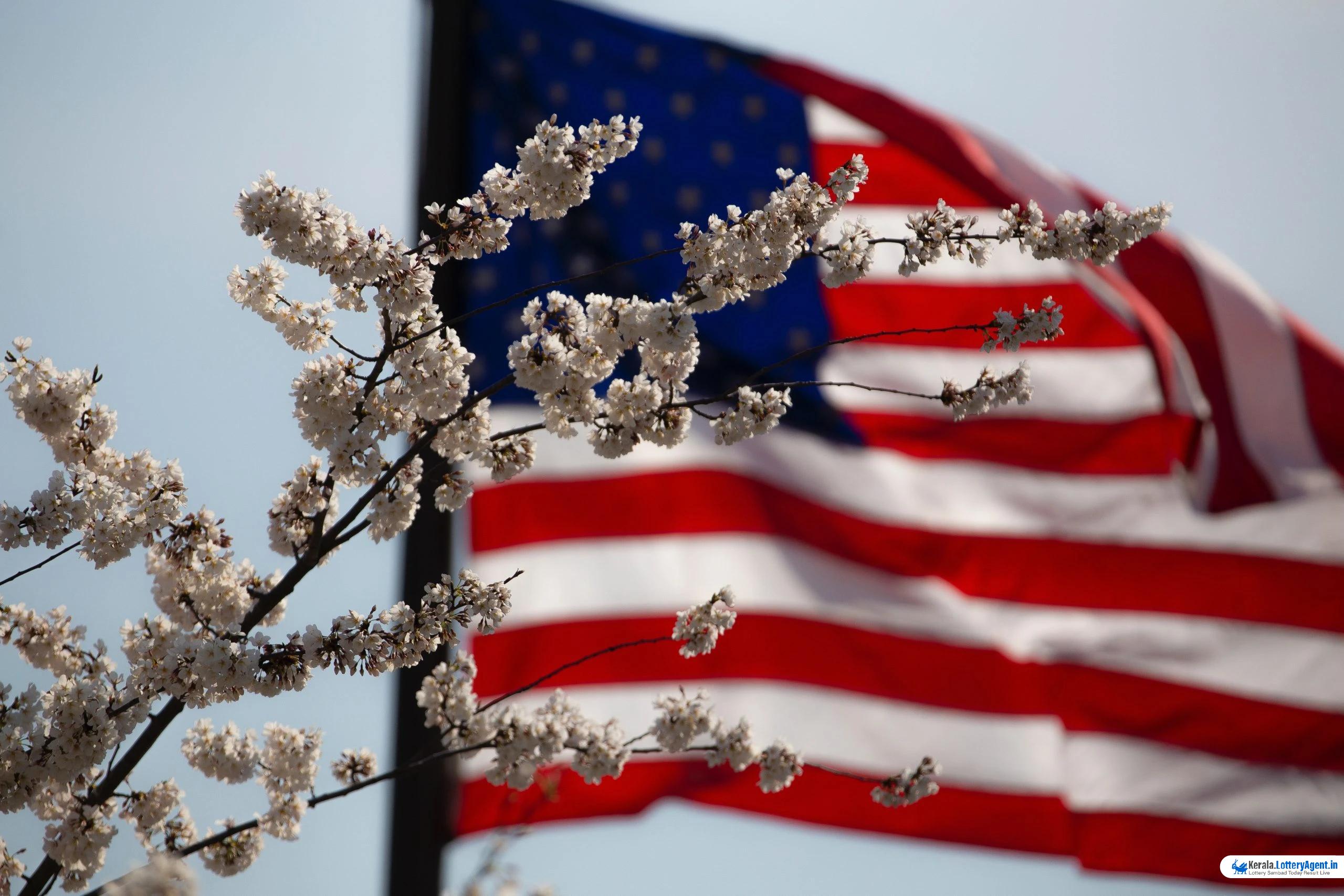
In a dynamic turn of events, the latest financial data reveals a notable surge in the sports betting industry in Kansas along with a steady rise in casino revenues in Detroit. This highlights the evolving gaming landscape in these regions as players and operators alike reap the benefits.
Starting in Kansas, sports betting revenue for the month of May increased by a robust 10.1%, reaching an impressive $9.8 million (€9.1 million) compared to the previous figures. Despite this significant year-on-year growth, it is pertinent to note that revenue saw a slight dip of 5.8% from the $10.4 million reported in April. The lion’s share of this revenue, amounting to $9.6 million, came from online activities, while retail betting provided a modest contribution of $155,888.
Analyzing the handle – the total amount wagered by players – Kansas witnessed a substantial leap in player spending in May. The handle rose by a staggering 43.1% to hit $172.2 million. Breaking it down, $164.1 million was wagered online, and $8.1 million was placed at retail sportsbooks scattered across Kansas.
The state also benefited significantly from tax revenues, collecting $976,764 from sports betting activities. Notably, the majority of this tax revenue was derived from online wagering.
Leading the charge in the Kansas online betting market was FanDuel, in partnership with Kansas Star. This dynamic duo amassed over $5 million in revenue from wagers totaling $51.3 million. Close behind was DraftKings, aligned with Boot Hill Casino, which saw revenues of $4.4 million from an astounding $75 million handle. Caesars and Kansas Crossing were among the few others reporting revenues, contributing $213,734 off a $7 million handle.
In the realm of retail betting, only a couple of partnerships turned out encouraging results. FanDuel and Kansas Star led with $143,640 generated off $748,252, followed by DraftKings and Boot Hill which reported $12,248 from bets totaling $211,445.
Reflecting on the year-to-date metrics, the data to the end of May shows that Kansas has accumulated a total revenue of $107.8 million from sports betting. This comprises $103.1 million from online activities and $4.7 million from retail betting. On the handle front, the overall figure has surpassed a remarkable $2.
.22 billion, with online bets contributing $2.13 billion and retail accounting for $97.5 million.
Turning the spotlight on Detroit, the city’s casino market recorded an upswing in revenues reaching $113.2 million in May, up from $105.6 million during the same period last year. This figure also signifies a 3.5% increase compared to April’s numbers.
Breaking down the Detroit figures, revenue from table games and slot machines soared to $111.3 million, marking a 6.3% rise from the previous year. Contributing to the overall market revenue was $1.9 million from sports betting qualified adjusted gross receipts (QAGR), representing a dynamic 80.1% growth relative to May 2023. This growth comes despite a considerable 34.3% drop in the sports betting handle, which stood at $11.1 million for the month.
Among Detroit’s major players, MGM continues to lead with a commanding 46% market share. Trailing are MotorCity with a 31% share, and Hollywood Casino at Greektown, holding 23% of the market. MGM saw its slots and table games revenue climb by 5.3% year-on-year to reach $51.9 million. MotorCity followed closely with a 4.9% rise in casino-based revenue, while Hollywood Casino garnered a remarkable 10.3% increase to $25.7 million.
In the sports betting sector, MotorCity outpaced its rivals, posting a QAGR of $825,176. MGM took the second spot with $545,028 in QAGR, followed by Hollywood Casino, which reported $488,548.
Regarding state and local tax revenues from these activities, the state of Michigan collected a notable $9 million in gaming taxes from casino operations, while the city of Detroit received $13.2 million in wagering taxes and development agreement payments. In terms of sports betting, casinos paid $70,261 in gaming taxes to the state and $85,874 in wagering taxes to the city of Detroit.
These figures underscore the thriving gaming and betting environment in Kansas and Detroit, reflecting a growing acceptance and expansion of these industries across the United States. As online and retail sports betting continue to gain momentum, and traditional casino revenues rise, both regions are set to see continued economic benefits from these gaming activities.












